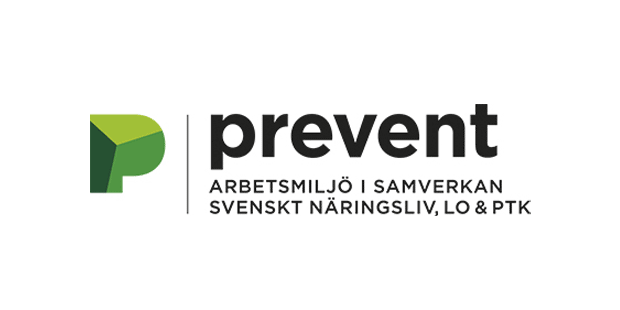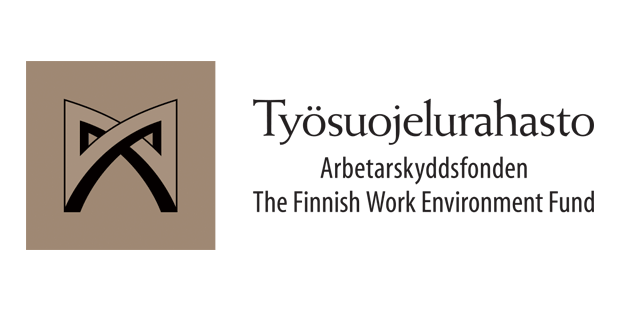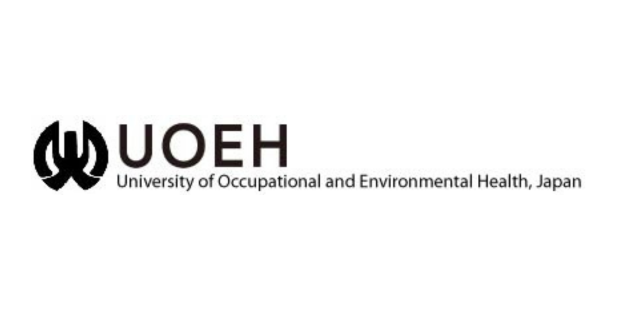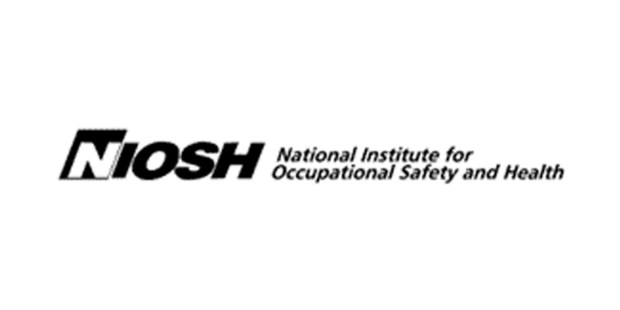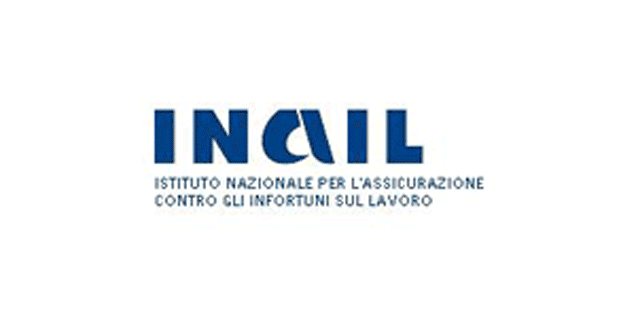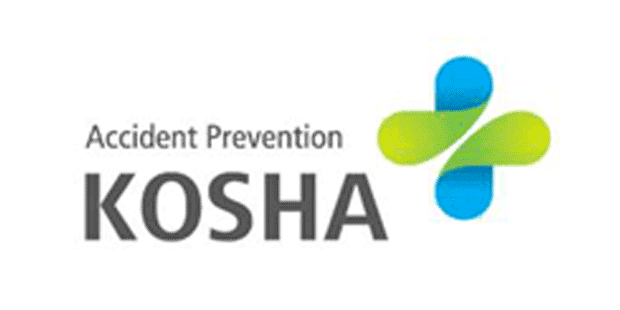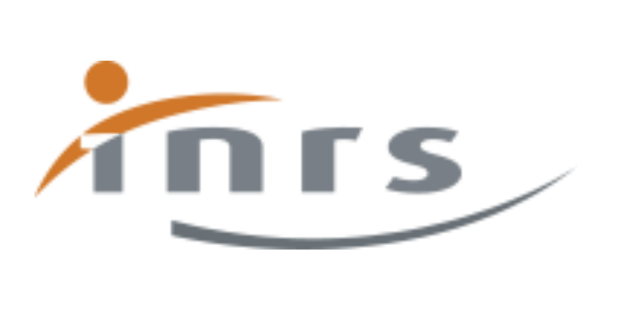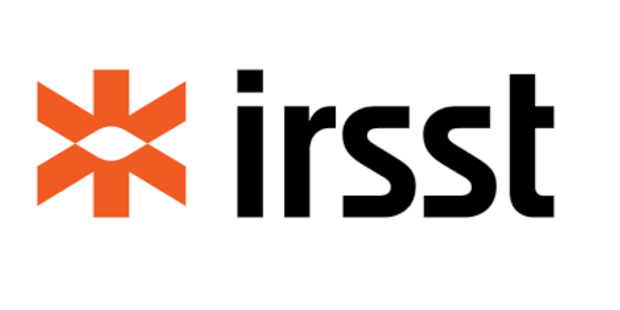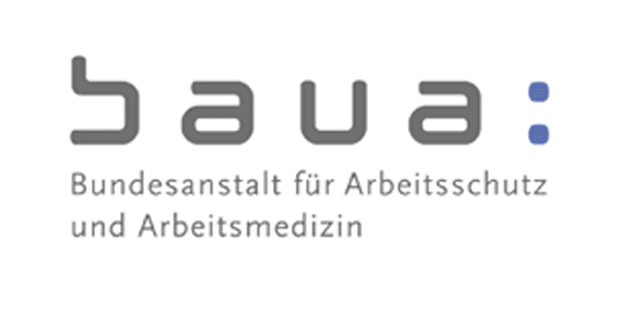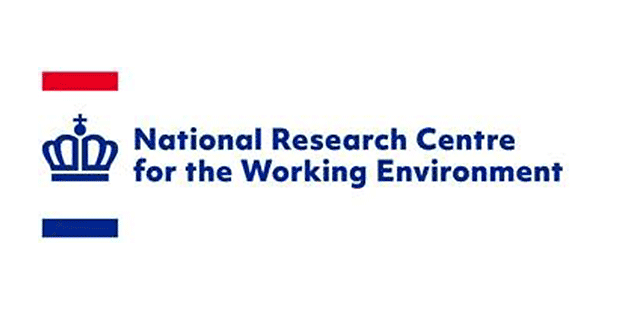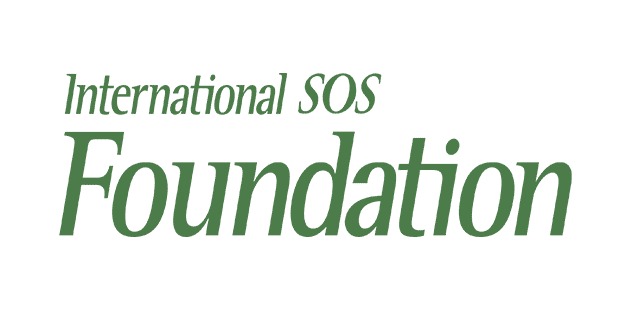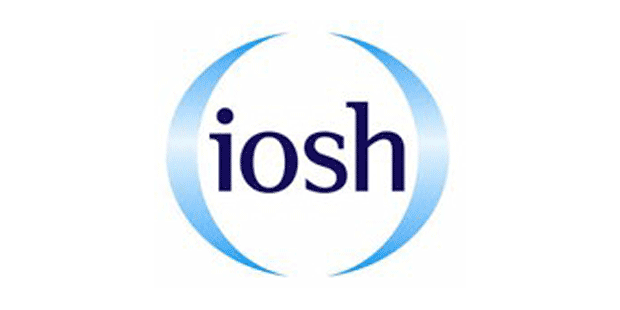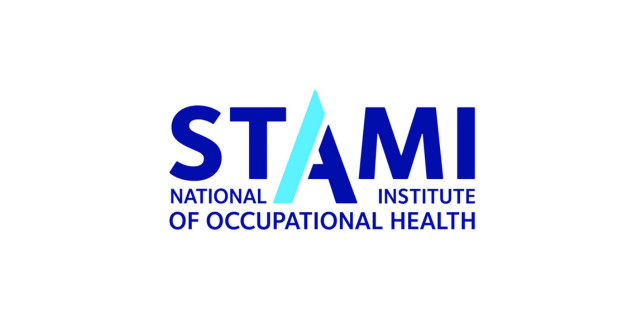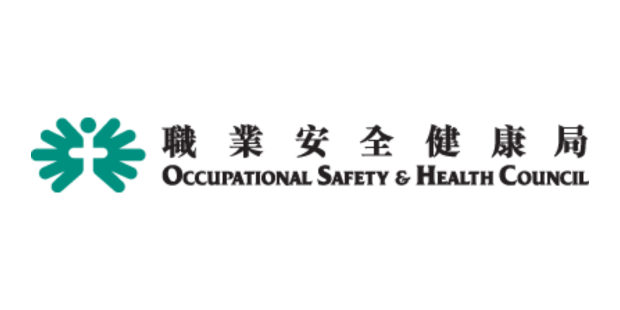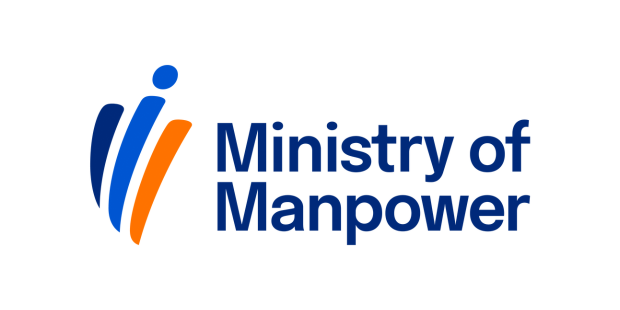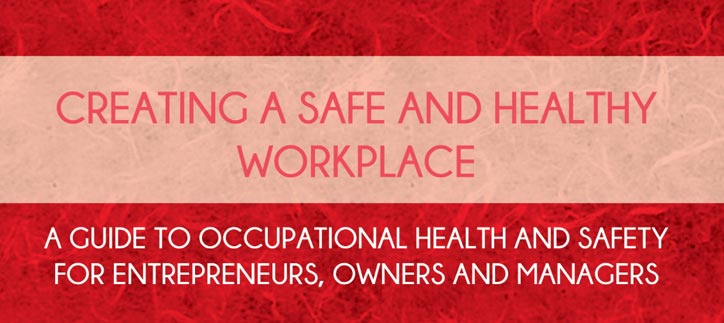Task Group Report on Transparency within ICOH
Task Group Members:
Sverre Langard (chair), Pier Bertazzi, Alain Cantineau, Bruce Fowler, Ragnar Rylander
A task group was established at the 26th International Congress in Singapore to propose what is needed to enhance transparency in the ICOH organization, in particular concerning decisions taken by the ICOH board and by the ICOH officers.
The task group presents some ideas to enhance transparency, so far without suggestions for specific alterations of the constitution or the bye-laws. Some general rules should be adhered to concerning:
Professional activities of ICOH officers and scientific committee chairs
It is anticipated that ICOH officers and Scientific Committee (SC) Chairs will be professionally active in a number of organizations and be asked to serve as consultants or members of advisory committees on both the national and international level. If they are employed by universities or consulting firms; they may also have grants or contractual responsibilities to their employer. It is now common for members of committees to disclose any public position or significant financial interest when serving on advisory boards or committees.
The task group proposes that ICOH officers and scientific committee chairs should complete a "bias" form prior to service on these committees. Bias may be accepted as long as it is disclosed at the beginning of an activity and reviewed by the ICOH review committee as not compromising the activity of the committee. This approach precludes exclusion of capable scientists from serving simply on the basis of an employment situation.
Compliance with this proposal for ICOH officers and scientific committee chairs, would have some implications, i.e. for:
a. Financial interests: Any grants or contracts related to employment or consultant activities comprising an amount of equal to or greater than 3 months of the annual base salary for the officer or SC chair should be disclosed every 3 years along with payment of ICOH dues. A short form requesting this information could be added to the dues statement for officers and SC chairs and hence become a part of the permanent file for that ICOH member. Major alterations in the status concerning the above situation, should be handled by a letter (or electronic letter) to the Secretary General. Grants come and go and so do consulting activities. This approach minimises the labour involved in keeping the records, and permits the Secretary General easy provision of such information if requested, even considering that SCs and ICOH evolves over time.
b. It is conceivable that the suggested approach could affect the recruitment of ICOH officers and SC chairs. However, the task group considers it unlikely that the above information requests would be either so onerous or time consuming as to prevent able persons from volunteering to become ICOH officers or SC chairs. Requests for this type of information are common in a number of professional areas, e.g. when acting as a grant reviewer or even manuscripts for journals.
The above suggestions may imply that some elements of the code of ethics should be altered.
The task group further suggests that:
a. ICOH in public positions should take the form of:
i) Resolutions which are brief and address specific occupational health and safety needs,
ii) Position papers which are broad and address significant areas of occupational health and safety.
b. Both the general assembly and the board should have the responsibility to endorse such public positions and that a new function for SCs will be to consider and transmit to the Board proposals for resolutions or position papers to be considered by the general assembly.
c. Neither members of SCs nor members of other body of ICOH should be authorized to speak on behalf of ICOH or its component units except to represent positions already approved by the memberships at general assembly meetings. To be implemented, this suggestion would require an amendment to the SC guidelines.
Given that such suggestions are to be supported by the ICOH board, changes in the ICOH constitution and bye-laws would necessarily be needed.


